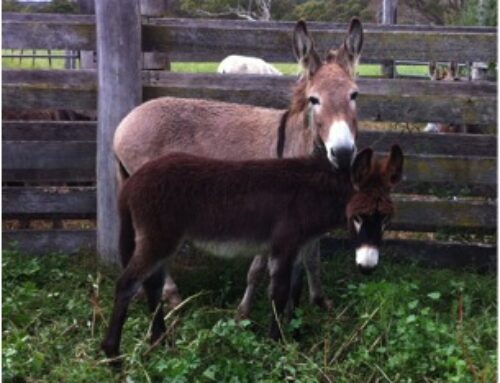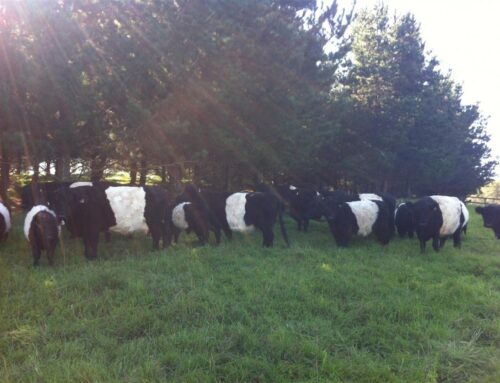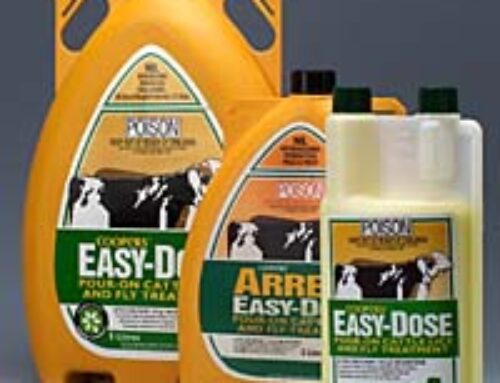I often receive messages from readers asking if I ship livestock around Australia or if I know of local breeders in various states of Australia (I’m based in New South Wales). Where I do know of local breeders in your area I will always recommend this option ahead of transporting stock over long distances. This is based on a couple of important premises including:
1. when you buy local stock they will be accustomed to your local climate, environment and conditions
2. the less time in transit, the less stressed the animal
3. it minimises the risk of an animal leaving my property in perfect health and arriving at your place in less than mint condition.
The first point I learned the hard way when we sold a young donkey foal, Roxy, to a lovely family on the south coast of NSW. Roxy left our property in perfect health and settled into her new home perfectly… until she was infected with paralysis ticks a couple of weeks after transportation. Her new helpers did everything they could to work with their vet to treat her but unfortunately she lost the battle. Paralysis ticks aren’t present at our property so I hadn’t thought of the implications of her moving to a coastal area… and the same can be said of moving animals to hotter or cooler climates: there’s always a chance they won’t settle in well.
The second point is important from an animal husbandry perspective. Unless you know your transporter and their practices very well, do you really want to put your animal through a long and lonely transport process? This is the reason I usually decline requests from very willing buyers for my stock in Western Australia and Tasmania: my feeling is it’s just too far to send a young animal on their own.
The final point is relevant and the cause of most post-sale disputes between stock buyers and sellers. I remember buying some of my foundation donkey stock several years back, travelling down to the ACT to inspect them and then arranging a horse carrier to deliver them back to my farm. One of the young foals was trampled in transit and arrived with a gash on one fetlock. Upon arrival we also had unseasonably wet summer conditions that were ideal for bacterial infections and despite the best vet treatments at our local international standard equine hospital, the foal didn’t survive. So my advice is that if you have to transport animals over long distances, do it yourself and take is slowly. If you can’t, then use a well known and recommended transporter in your area (who comes with a good reputation that they’ll be keen to protect).
To this end, if you are looking for small quantities of livestock – feel free to contact me and ask about our stock or recommendations for breeders closer to home for you. If I know of anyone I’ll pass on their details, but if not my tip is to try the Classified section of The Land newspaper. I have had excellent experiences with this method, because it’s typically used by farmers who really know what they’re doing – as opposed to the opportunists who are just out to make a quick buck. Sometimes they’ll also be able to deliver for you.
Just my thoughts… but worthwhile considering to get the best out of your new livestock purchases



